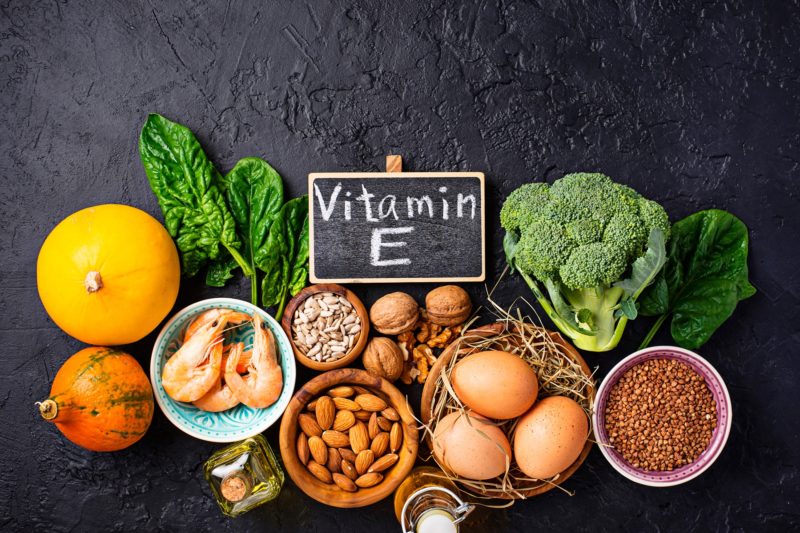Antisense oligonucleotide (ASO) therapies use small strands of DNA or RNA that are antisense, or complementary, to the associated gene to interfere with its expression. ASO therapies are already available for some diseases, particularly neurological disorders, but their use is at a very early stage. It is known that modifying ASOs chemically can improve the efficacy of the therapy. The team at TMDU had previously achieved gene silencing by attaching alpha-tocopherol (Toc) to ASOs. They then created Toc-HDOs by attaching Toc to DNA/RNA heteroduplex oligonucleotides, which are double-stranded molecules consisting of one strand of DNA and one strand of RNA. Toc-HDOs are more potent, stable, and efficiently taken up by target tissues than ASOs, and so have great therapeutic potential.









:max_bytes(150000):strip_icc():format(webp)/GettyImages-185549437-37d51ba156a143be9ee70de1324f8624.jpg)